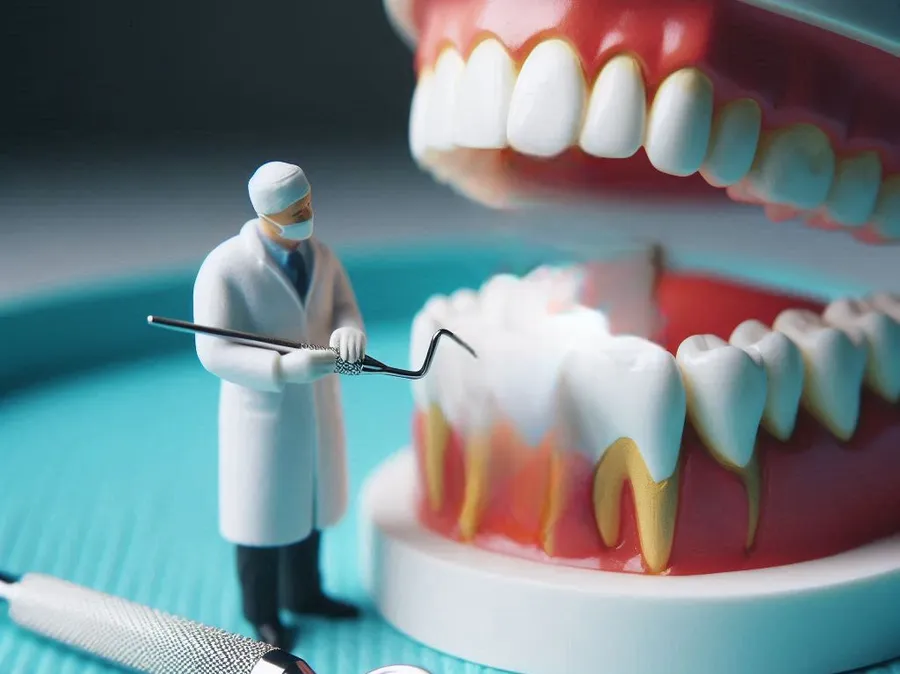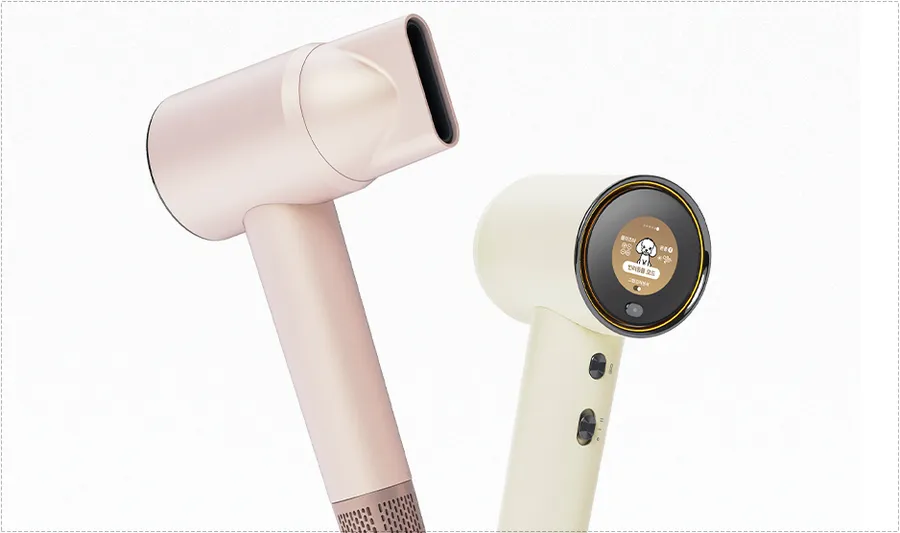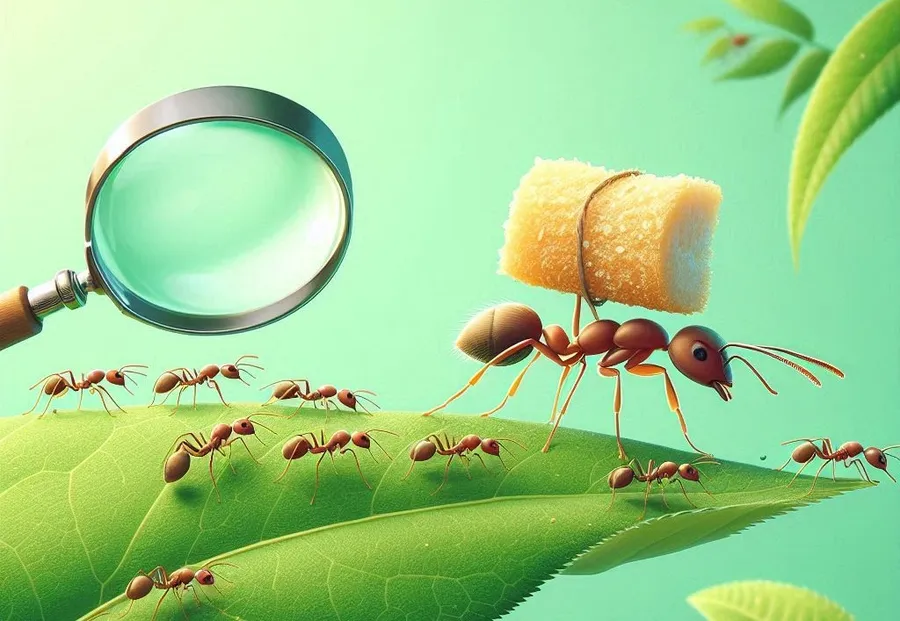When you get bitten by a mosquito, you will feel a lot of discomfort due to itching and swelling. At this time, you will look for a way to relieve the symptoms, and the most effective way is to apply medicine. However, even in situations where it is difficult to obtain medicine, there are various ways to relieve the symptoms.
When bitten by a mosquito, most people just leave it alone or scratch when the itching is severe. However, scratching can make the symptoms worse. In particular, scratching severely can lead to secondary infection, so it is important to apply medicine after taking temporary measures.
So, let’s take a look at the causes of itching, temporary solutions, and what medications to use.
Table of Contents
Why is it swollen and itchy?
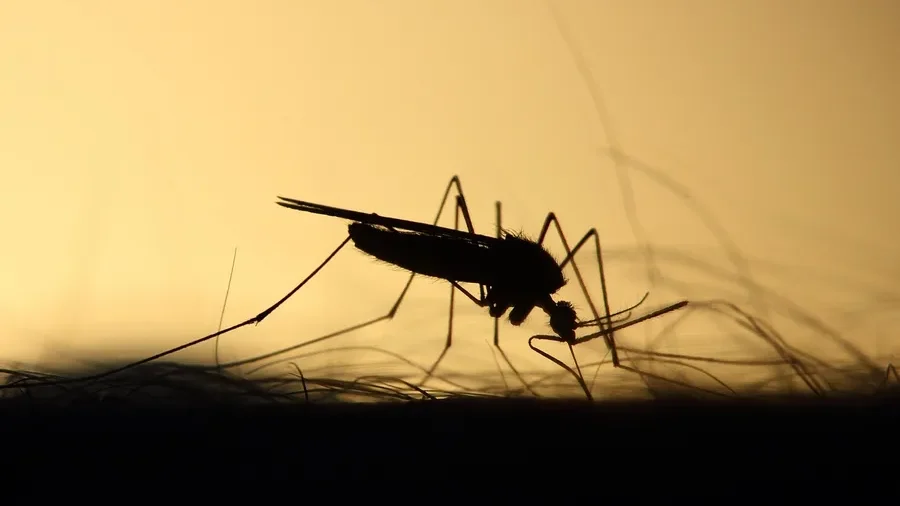
The reason why a mosquito bite causes swelling and itching is because the immune response to the protein in the mosquito’s saliva causes histamine to be secreted, which causes blood vessels to dilate and white blood cells to gather in the area.
That’s why your skin swells and itches. Simply put, it’s a reaction that our body has to defend itself by recognizing the mosquito’s saliva as a foreign substance.
- Histamine’s role: It protects the body by dilating blood vessels, allowing more blood and white blood cells to flow to the site of inflammation. This causes swelling and itching.
Areas with severe itching, such as the face and hands, have a lot of nerves distributed there, so when a mosquito bites you, the itching is even worse.
How to deal with mosquito bites

If you get bitten by a mosquito, you will experience swelling and itching. If there is no medicine available right away, there are several ways to relieve the symptoms. Before using the methods below, wash the bitten area cleanly with soap to prevent secondary infection.
- Cold compress: Suppresses the secretion of histamine, which causes itching, by constricting blood vessels. Apply 10 to 15 compresses to the bitten area.
- Alcohol disinfection: Denatures the protein components in mosquito saliva to relieve itching. Just apply a small amount to the bitten area.
- Baking soda pack: The alkaline ingredients neutralize the acidity of the skin, relieving itching and reducing swelling. Mix with water in a 1:1 ratio and apply to the bitten area for about 15 minutes, then wash off.
- Tannin ingredient utilization: Relieves itching and has an antiseptic effect. Place a green tea bag or banana peel on the bitten area.
- Aloe vera, cucumber: Applying aloe vera gel or thinly sliced cucumber to the bitten area can have a soothing effect.
Bad habits such as drawing a cross or applying saliva should not be done as they can cause secondary infections.
Buy medicine and apply it
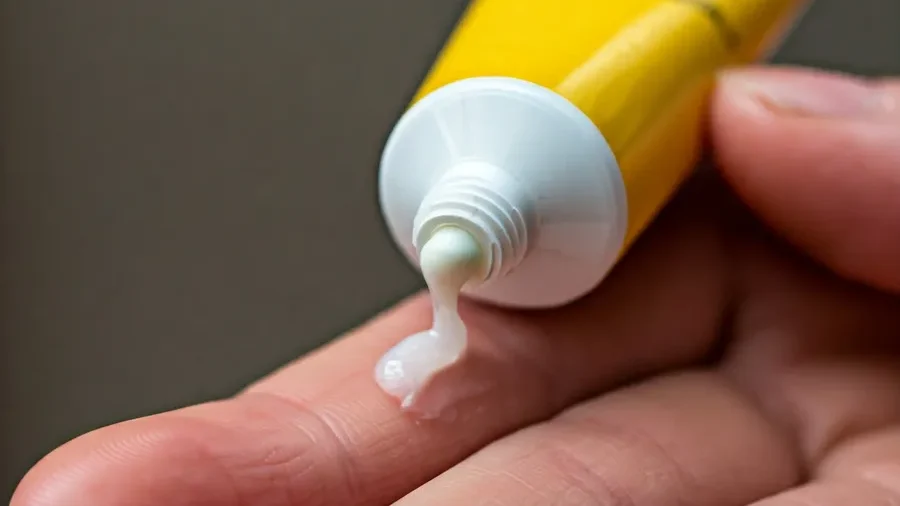
Even without applying medication, it usually goes away on its own after a few days, but if it persists, it is recommended to apply medication. Over-the-counter medications can be purchased at pharmacies without a prescription.
You can use medicines that contain antihistamines (diphenhydramine), local anesthetics (dibucaine), and counterirritants (methyl salicylate, menthol, camphor) . If you don’t know the ingredients of the medicines you have at home, you can search for them on the Drug Safety Country website .
- Antihistamines: Drugs that suppress allergic reactions and react to histamine to relieve symptoms such as itching, swelling, and inflammation.
- Camphor: A naturally derived compound used for its cooling effect and to relieve itching. Because it provides a cooling sensation, it also helps reduce pain.
If the pain or itchiness does not go away even after applying medicine, you must visit a hospital and get examined.
caution
When bitten by a mosquito, there are cases where it is left untreated, but if severe itching, swelling, or fever occurs, you must visit a hospital and get examined. Children under 30 monthsFor infants and toddlers It is not recommended to use both antihistamines and camphor.
When applied to the skin, it can cause convulsions or breathing difficulties, so you should consult a specialist when using it on young children. Also, people with severe eczema, rashes, or inflammation should consult a doctor or pharmacist before using the medicine.
▶ Why Your Feet Itchy and How to Relieve the Symptoms
▶ How to remove dead skin cells from your face and what causes them?
▶ The Complete Guide to Banana Health Benefits – What You Need to Know
